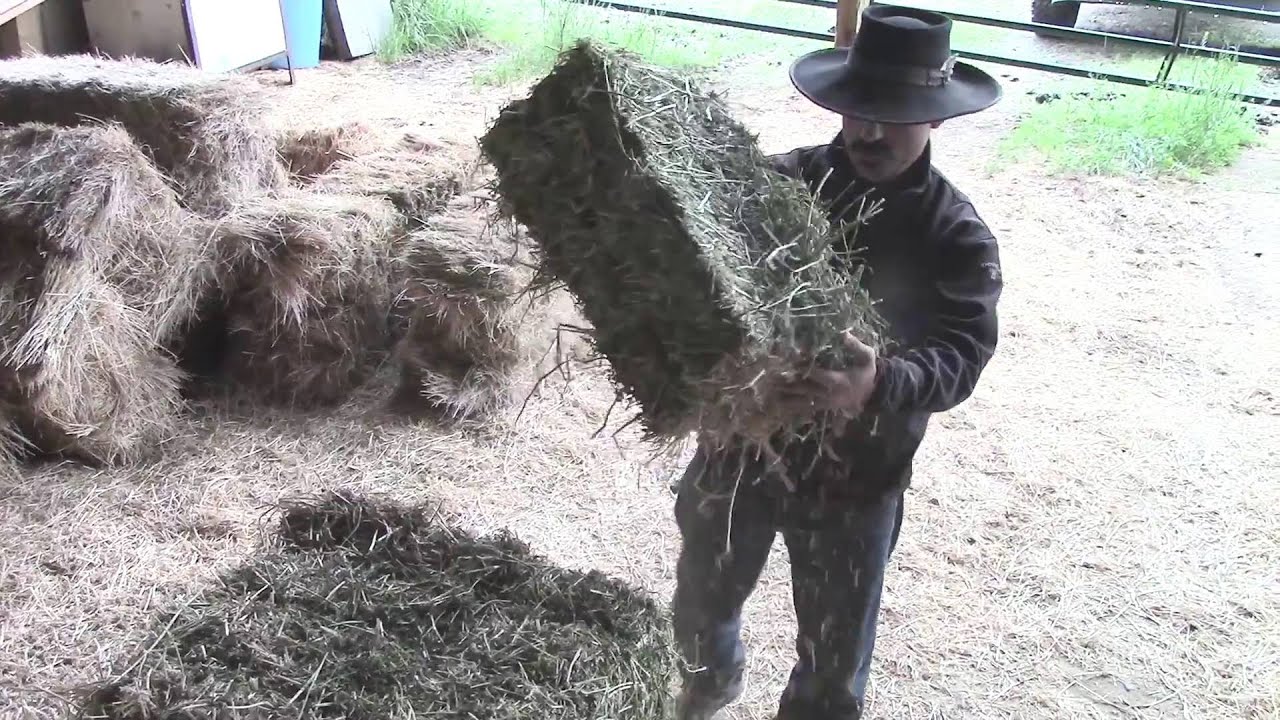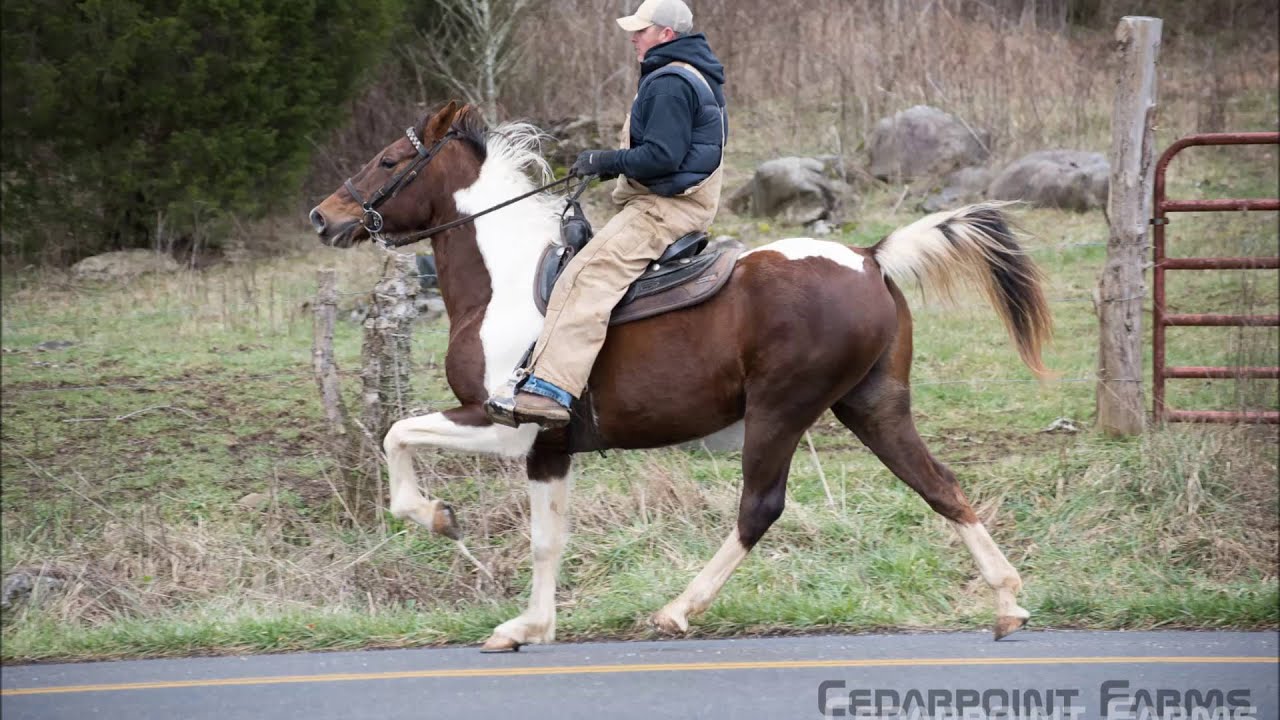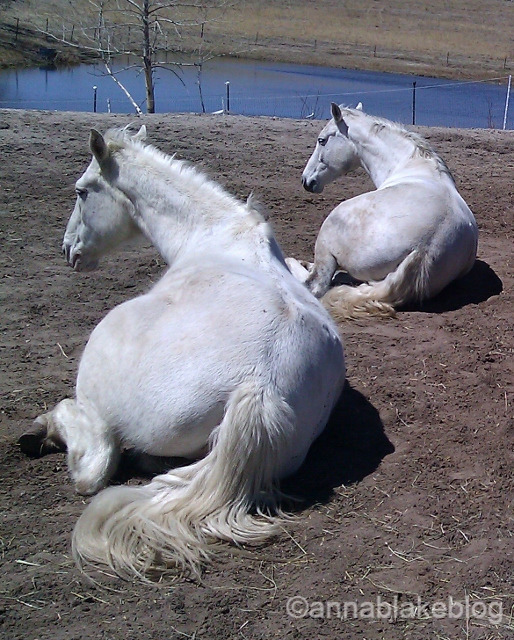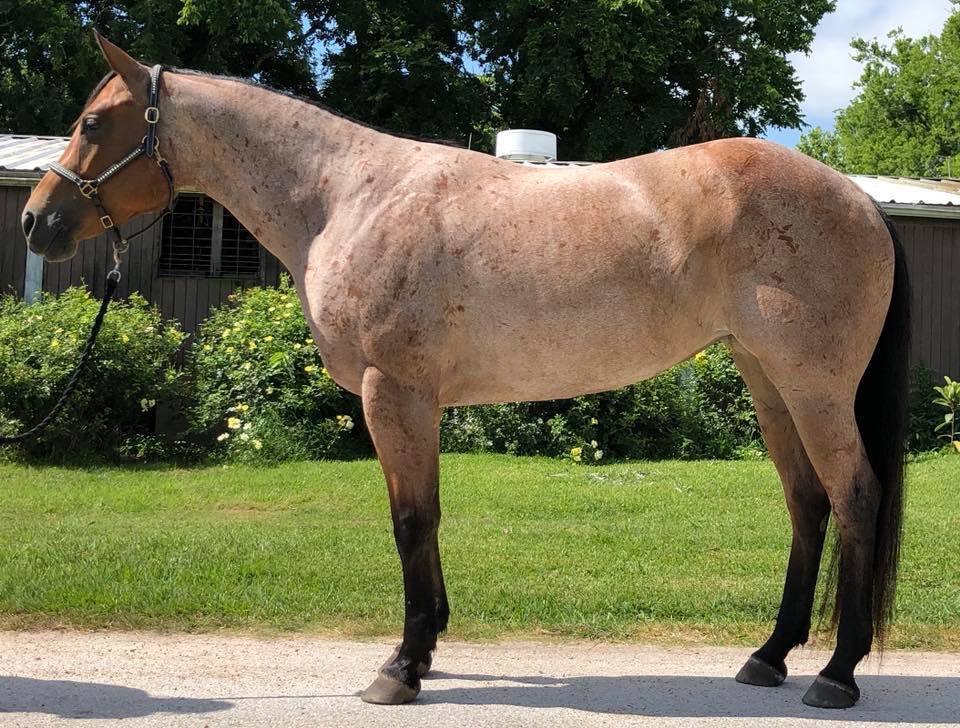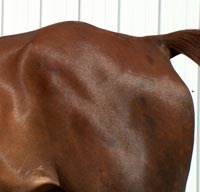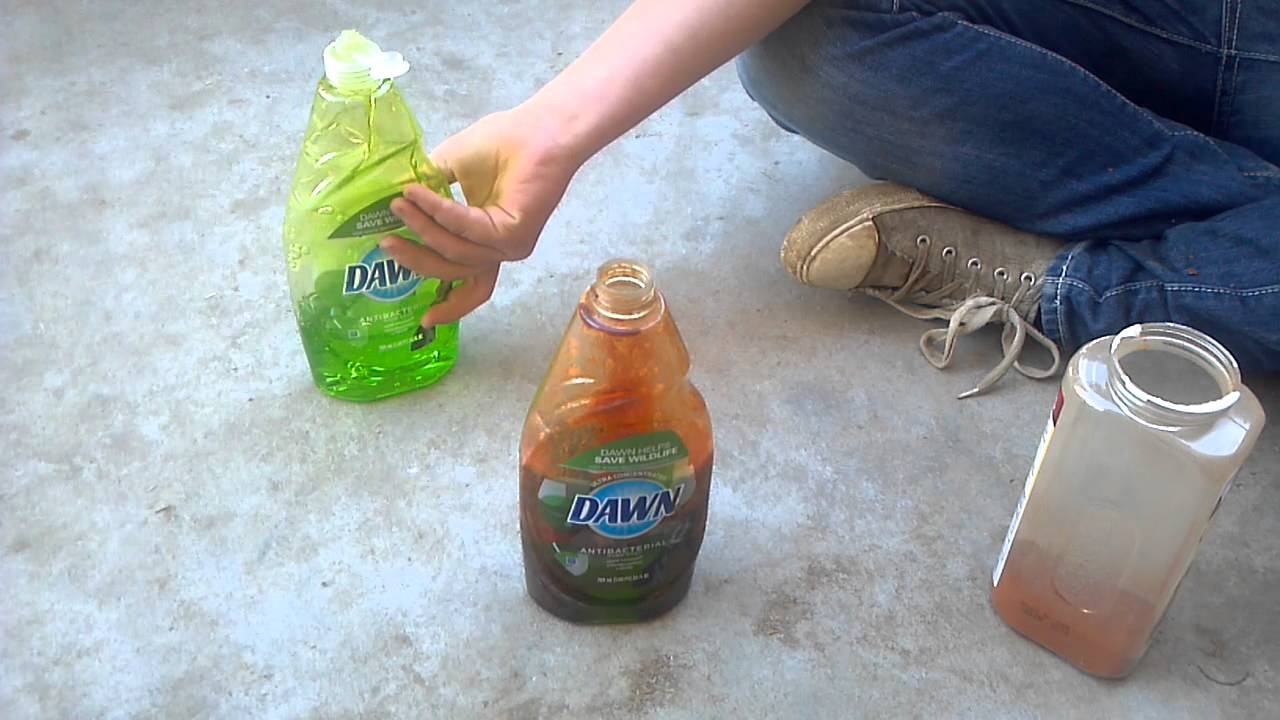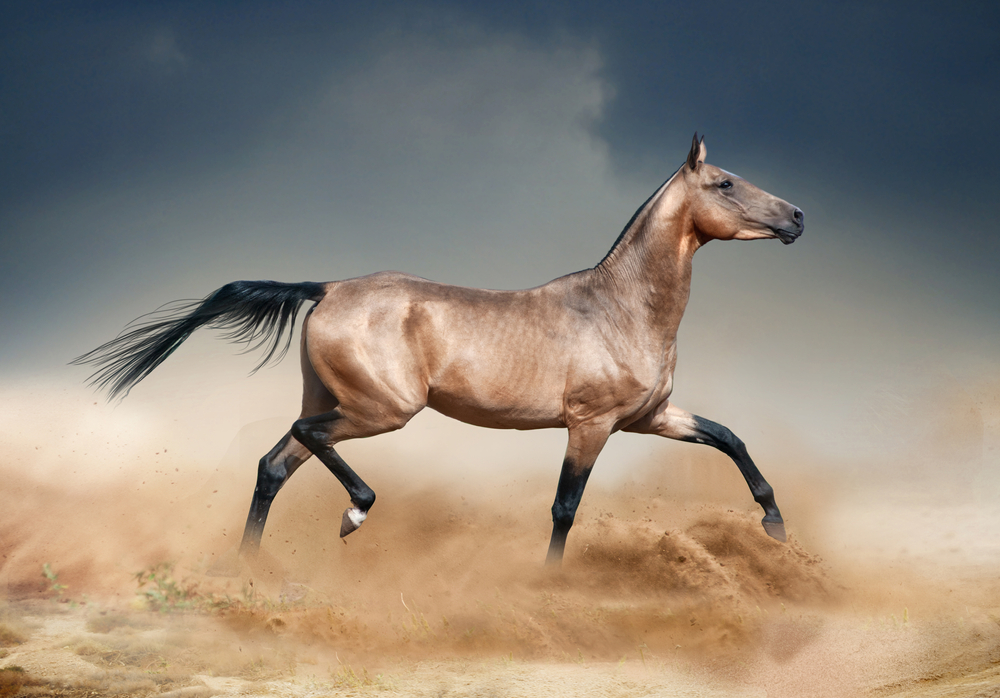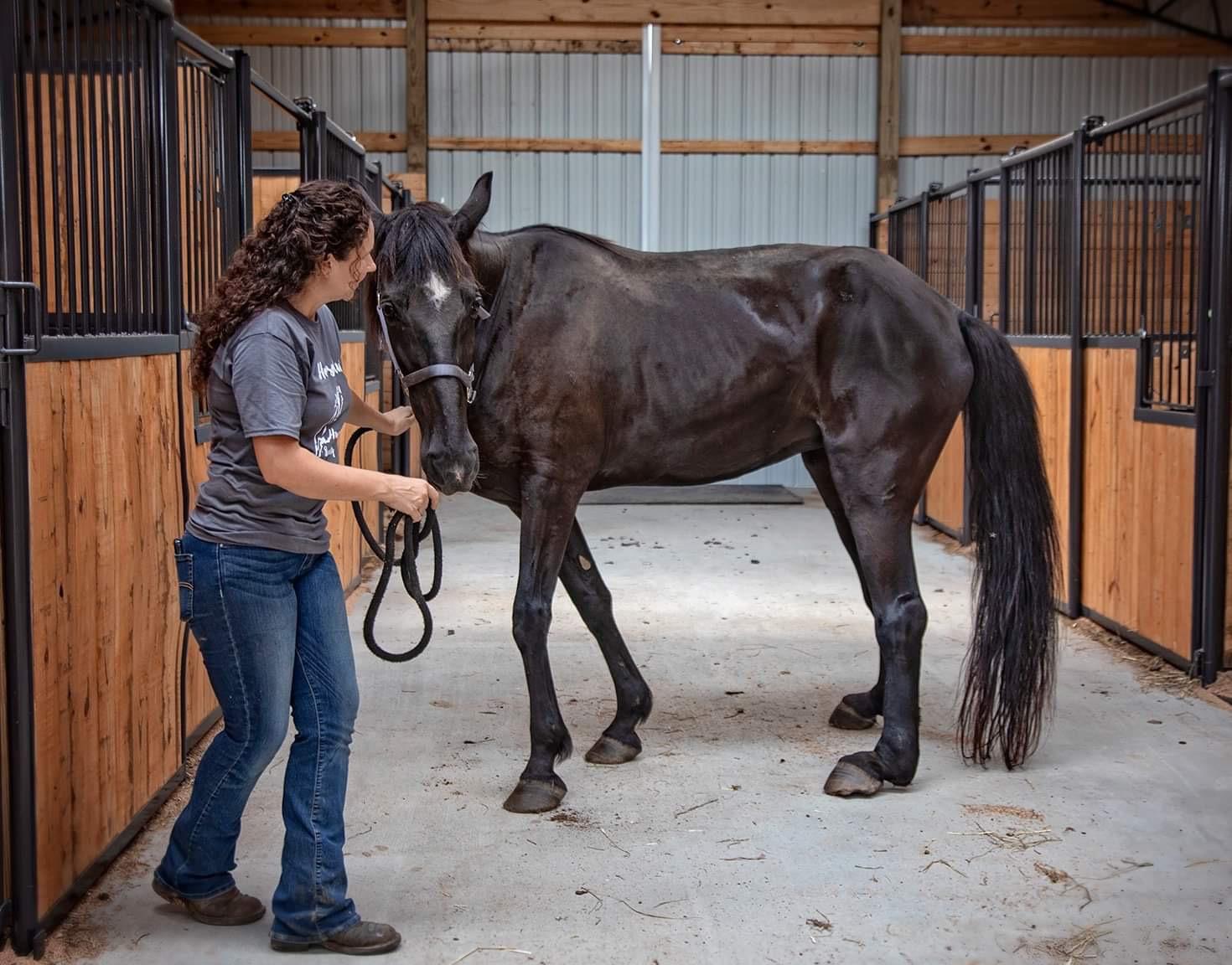How Much is a Flake of Hay
A flake of hay generally weighs between 20-25 pounds. The exact weight will depend on the type of hay and how it is baled. A typical small square bale, which measures roughly 14x14x28 inches, can weigh anywhere from 15 to 40 pounds depending on the density and moisture content of the hay. Square bales are …

